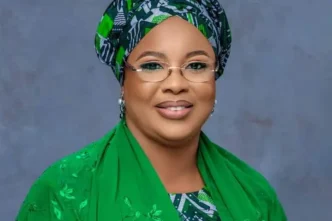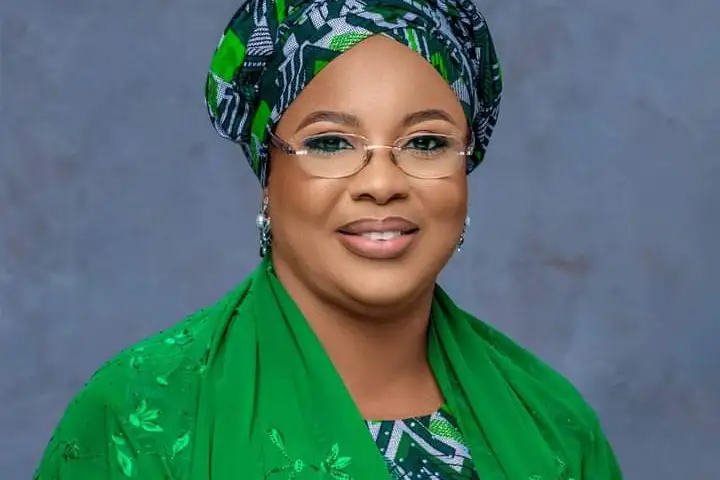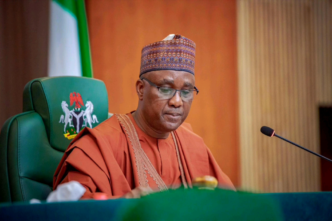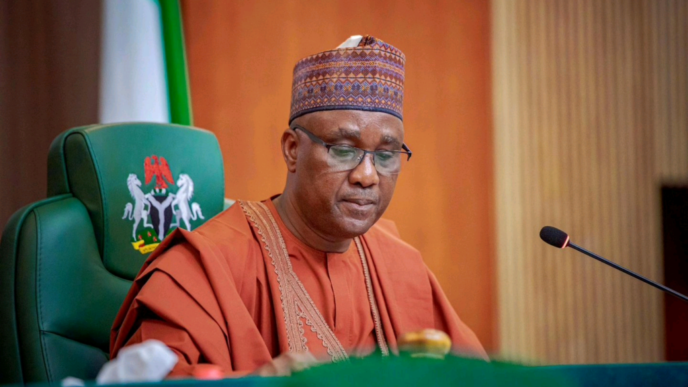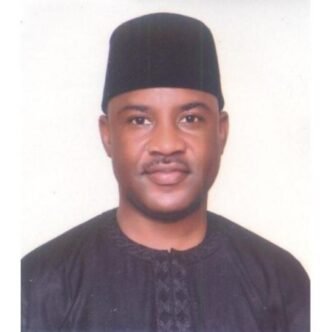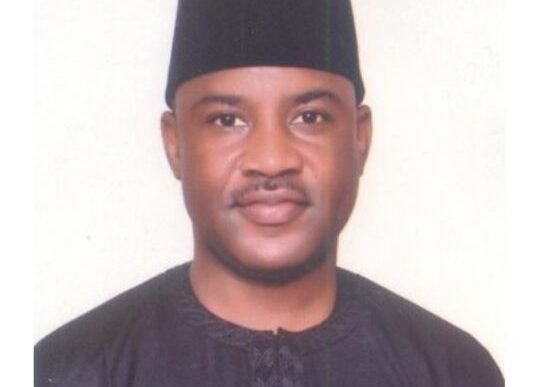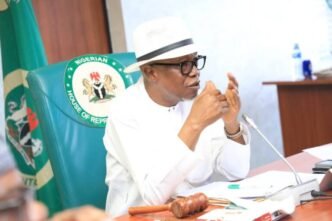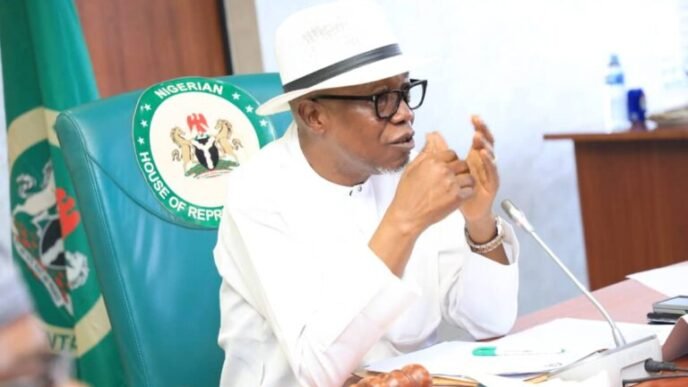HB. 1383– A BILL FOR AN ACT TO ALTER THE PROVISIONS OF THE CONSTITUTION OF THE FEDERAL REPUBLIC OF NIGERIA, 1999 TO PROVIDE FOR SPECIFIC SEATS FOR WOMEN IN THE NATIONAL AND STATE HOUSES OF ASSEMBLY; AND FOR RELATED MATTERS. Bill Sponsored by Hon. Kafilat Ogbara Bill Progress: Committee Stage
This Bill seeks to alter Sections 48 and 49 of the Constitution to provide for specific seats for women in the National and State Houses of Assembly. The following are proposed:
In the Senate: One additional Senator for each State and the Federal Capital Territory, who shall be a woman. In the House of Representatives: Two additional members for each State and the Federal Capital Territory, who shall be women. In the house of assembly: an expansion of members to be 3 or 4 times the number of House of Representatives members, and one member from each senatorial district shall be a woman in the House of Assembly.
A major legislative effort is underway in Nigeria with the introduction of HB 1383, a bill designed to amend the 1999 Constitution of the Federal Republic of Nigeria. The bill, titled “A BILL FOR AN ACT TO ALTER THE PROVISIONS OF THE CONSTITUTION OF THE FEDERAL REPUBLIC OF NIGERIA, 1999 TO PROVIDE FOR SPECIFIC SEATS FOR WOMEN IN THE NATIONAL AND STATE HOUSES OF ASSEMBLY; AND FOR RELATED MATTERS,” aims to increase women’s representation in political office.
The key objectives of HB 1383 focus on creating reserved seats for women in both the National Assembly—comprised of the Senate and the House of Representatives—and the State Houses of Assembly. Currently, Nigeria ranks among the countries with the lowest rates of women’s representation in parliament. This bill proposes a solution to what has been termed a “profound imbalance” in political representation.
Under the bill, specific provisions outline that certain seats will be reserved for women as a temporary measure. This initiative is intended to be reviewed after four general election cycles, approximately 16 years, to assess its effectiveness and determine the future of the reserved seats.
The current iteration of the bill proposes the following allocations for reserved seats:
- One additional Senate seat for women per state and the Federal Capital Territory (FCT), totaling 37 seats.
- One additional seat for women in the House of Representatives per state, also totaling 37 seats.
- Three additional seats for women per state in each State House of Assembly, reflecting the three Senatorial districts in each state.
These designated seats will be elected through direct elections, allowing constituents the opportunity to vote specifically for female candidates. Proponents argue that increasing women’s presence in political leadership will contribute to stronger economies and safer communities. They also emphasize that women leaders are more likely to prioritize issues such as sexual violence, maternal health, education for girls, and social protection.
As for the current status of HB 1383, it has successfully passed its second reading in the House of Representatives. This milestone indicates that the foundational principles of the bill have been debated and approved by the House. The bill enjoys bipartisan support, receiving formal endorsements from key figures, including the Senate President and the Speaker of the House.
Advocacy for the bill is robust, with several civil society, women’s rights organizations, and international bodies actively lobbying for its passage. These advocacy efforts have rallied millions of Nigerians nationwide. Public hearings were held earlier in the year to collect input from various stakeholders, showcasing a widespread desire for gender inclusivity in politics.
The bill is now scheduled for its third reading in October. If it passes both the House of Representatives and the Senate, it will then be forwarded to the State Houses of Assembly for consideration. Approval from at least two-thirds of the states—24 in total—will be necessary before the bill is sent to the President for assent.
Despite the momentum behind HB 1383, challenges remain. A similar proposal did not succeed in the 9th National Assembly in 2022, highlighting the inherent difficulties in achieving constitutional amendments in Nigeria. Criticism has also emerged regarding the potential increase in the cost of governance that could arise from creating additional legislative seats. Advocates assert that the social and economic costs of excluding women from governance far exceed any financial concerns.
Concerns have been raised about ensuring that the women filling these reserved seats are both competent and capable leaders. The emphasis on free and fair elections is critical to the bill’s success, establishing a framework where qualified women can assume these important roles.
As the legislative journey of HB 1383 continues, the bill represents a pivotal move towards enhancing gender equality in Nigerian politics. Its progress will be closely monitored by various stakeholders eager to see improvements in women’s representation and participation at all levels of government.
